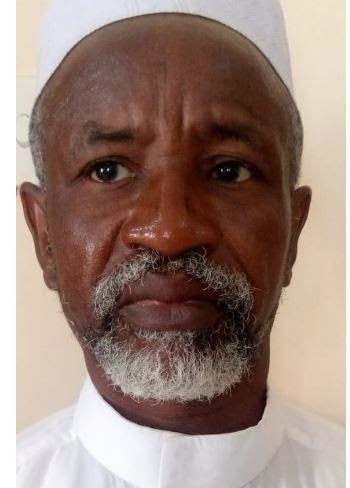Abstract:
Nigerian fictional detractors appear to have some fixed concepts round female authors. By and large, there has been unselective imprinting of some feminine writers either as feminists or female bigots. This exposes them as inept of addressing other contemporary issues of domestic interest other than those that affect the women unswervingly. Society’s culture comprises the shared values, understandings, assumptions, and goals that are learned from earlier generations, imposed by present members of society, and passed on to succeeding generations. It has been a norm and a tradition in the Northern part of Nigeria which is a predominant Hausa society to restrict women from voicing out their wishes and opinions because the culture considered them weak and inferior. Therefore, women are not expected to finalize decisions on who they would marry or who they love but their grandfathers, elder brothers and even maternal uncles would have the final say. The rights given to women in decision making are a very limited one. For instance, Maryam was married to Auwal in a forceful way, not minding her opinion or consent. The duo lived in a loveless marriage life for many years simply because their parents have decided. Destinies of Life (12) Similarly, Maryam, as culture dictated was expected to tolerate all the hardship in her marital home in order to please her parents and the family (13). These traditional restrictions in the northern part of Nigeria are still so prevalent in many parts of that society. The culture of patriarchy is a very strong determinant of male dominance … analyze the origins and conditions of men’s oppression of women (kamarae; 1992). This is not acceptable for abstract. A good abstract should comprise, a short intro (a sentence or two); aim/objective; methodology/theoretical framework; summary of findings, and conclusion.
Keywords: Culture, suppression, traditional restriction, Northern Nigeria, Hausa society
Download the file by clicking here:
author/Abdullahi D. Umar & Hussaini Ibrahim Ka’oje
journal/Zamfara IJOH Vol. 1 Issue 1 & 2
pdf-https://drive.google.com/file/d/1RFvRntxdwUv7yzeIEl63z3l_nW7HhO8D/view?usp=share_link
paper-https://drive.google.com/file/d/1RFvRntxdwUv7yzeIEl63z3l_nW7HhO8D/view?usp=share_link




